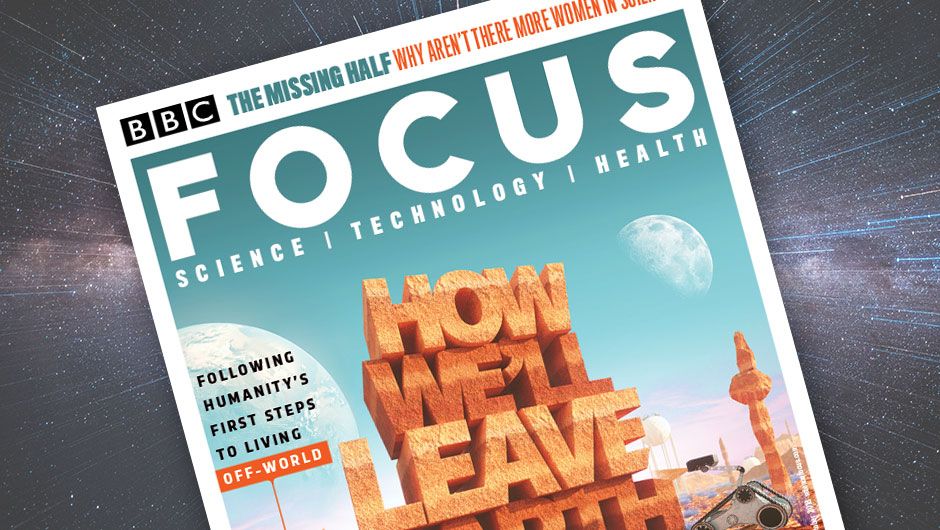Water infrastructure in the western United States was funded in the early and mid-20th Century by federal financing through the Bureau of Reclamation, but such financing has declined in recent decades and there has been increased interest in alternative approaches to infrastructure funding. A new Journal of the American Water Resources Association article notes that two of these approaches—public-private partnerships and loan guarantees—are hampered by existing federal budgetary policies, however.
In the article, Dr. Martin Doyle, of Duke University, notes that significant policy changes are needed to allow private capital to play an important role in funding and financing water systems characterized by aging infrastructure.
“Everyone likes the idea of bringing more private capital to aging infrastructure; but no one is able, or willing, to get into the really weedy details of policy changes necessary to make such investments possible,” he said.







